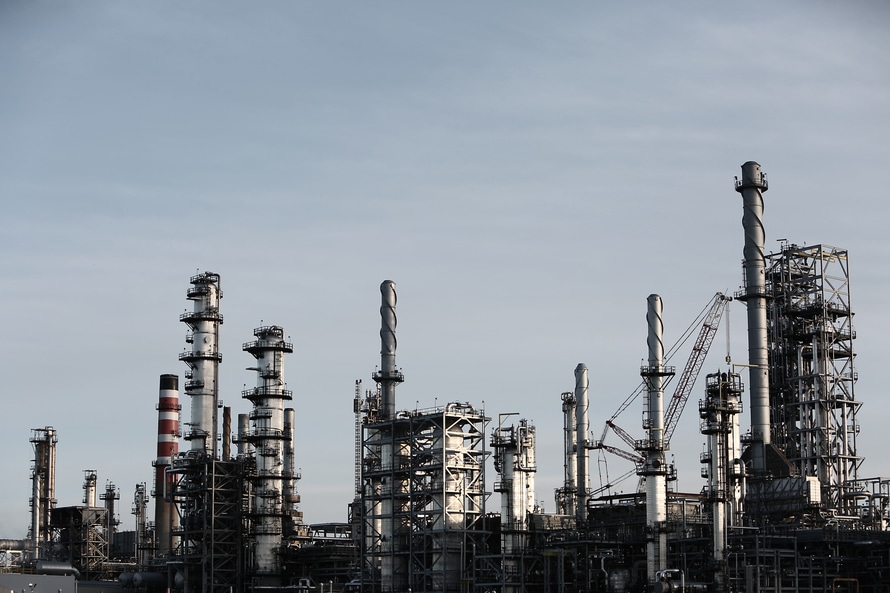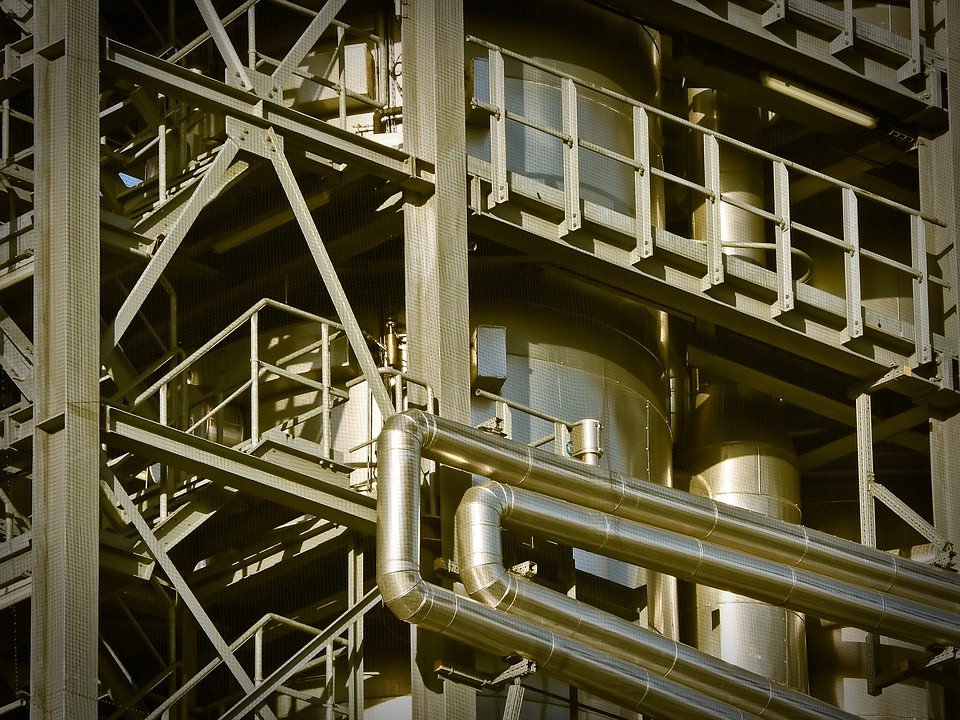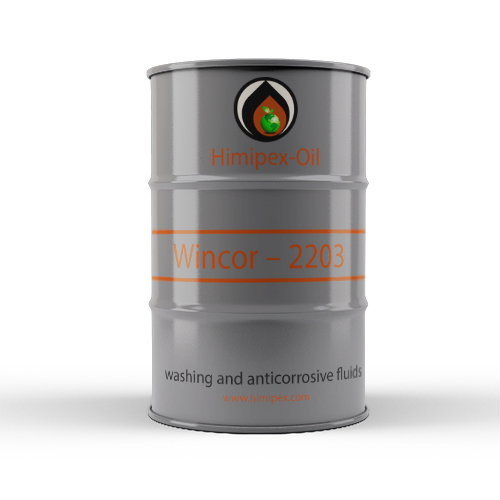Corrosion of equipment at oil refinery
Refineries are constantly faced with the problem of equipment corrosion. This leads to significant financial losses, both due to the repair and replacement of equipment, and due to the decline in oil refining. The costs on corrosion of equipment can be significantly reduced by applying a range of activities to protect refinery equipment against corrosion.
Most crude distillation units (CDU) are operated at high temperature under pressure or vacuum, and contains flammable and explosive environments. Metal casing of column apparatuses wear due to corrosion, erosion and thermal effects of the media. The wear rate depends on many factors, and in the first place - on the physico-chemical properties of the medium, the conditions of technological process, design and quality of the metal body, the applying of appropriate corrosion inhibitors.
Corrosion of the upper part of the column of crude distillation unit is common in refineries all over the World. High temperatures during the fractionation of crude oil increases the chance of corrosion. Corrosion in the processing of crude oil occurs under the influence of three phases: pair, liquid hydrocarbons and an aqueous phase containing water, hydrogen sulphide, carbon dioxide, hydrochloric acid formed during the distillation in the decomposition of chlorides of calcium and magnesium. Also, a significant amount of sulfur compounds can reach fractionation units of primary oil processing at refineries. Therefore, it is very important to carry out the preparation and treatment of crude oil, and remove from the system aggressive substances before than oil goes for processing at refineries.
Certain difficulties may be created as a result of secondary effects of corrosion. For example, the formation of depositions in the interior surfaces of equipment and pipelines, consisting of corrosion products of metal equipment. Such deposits may arise, for instance, on catalysts in processes for hydrotreating and reforming, on heat exchange surfaces in the heat exchangers and furnace coils.
Special reagents (neutralizers and corrosion inhibitors) are used to protect metal equipment of crude distillation units (CDU) from corrosion.
Vast experience in the development and production of reagents for aggressive media have allowed us to develop series of corrosion inhibitors for effective protection equipment of crude distillation units at refineries. Oil refinery corrosion inhibitors of Defender series effectively protect metal equipment at high temperatures and in corrosive environments of H2S, HCl, mineral salts and depositions. Our corrosion inhibitors can reduce metal loss of crude distillation units as a consequence of corrosion, greatly reduce the cost of repair and maintenance of oil processing, reduce the accumulation of mineral deposits within the column, and it is important to prevent failures at production.
The applying of highly effective corrosion inhibitors Defender ensures stable operation of oil refineries that can significantly increase the volume of refined crude oil that gives an additional financial profit for oil and gas company.




